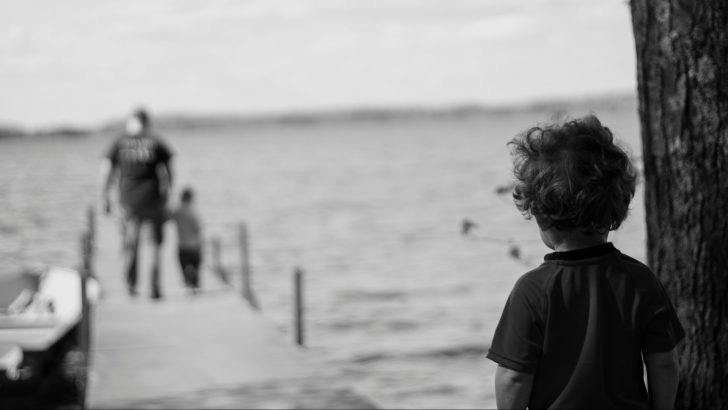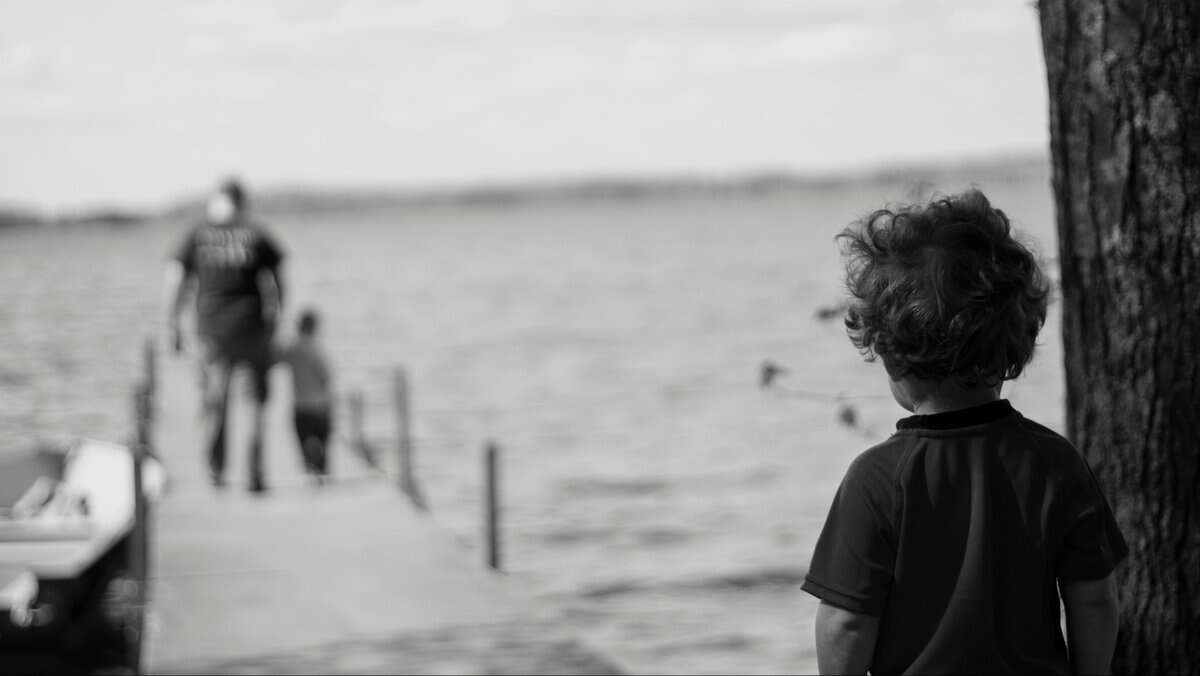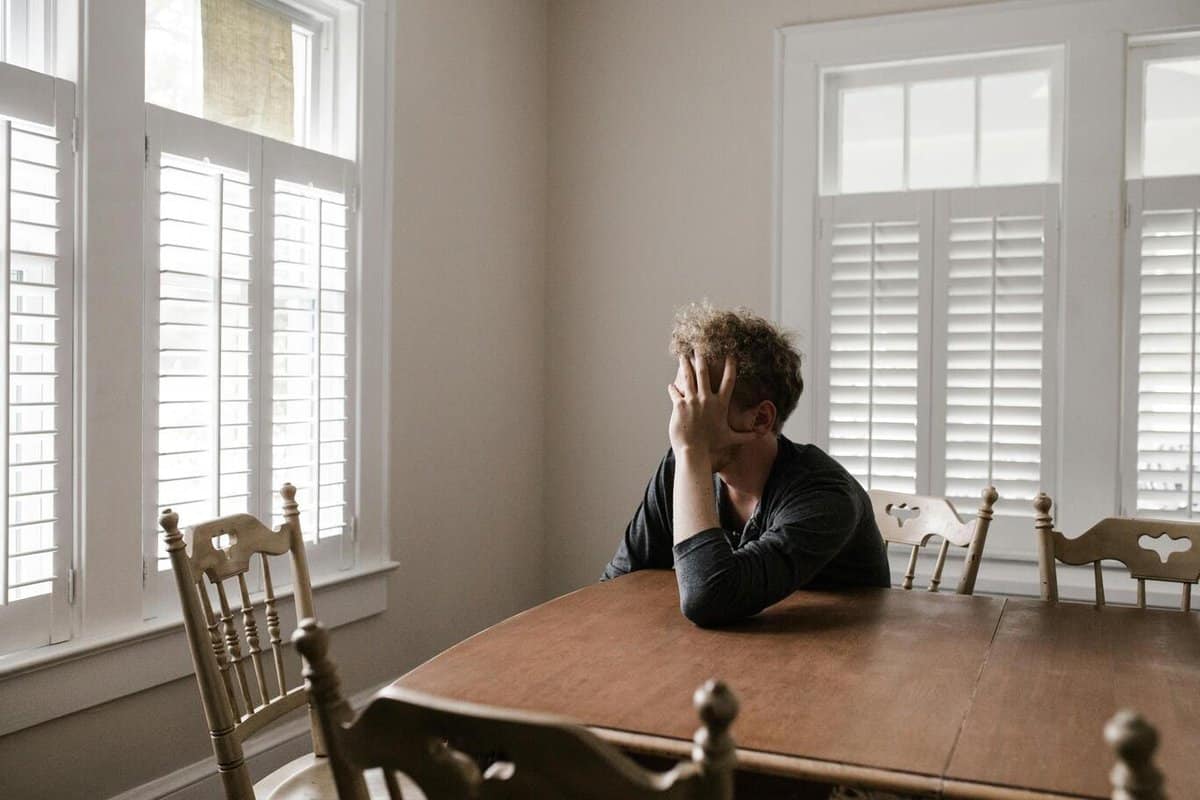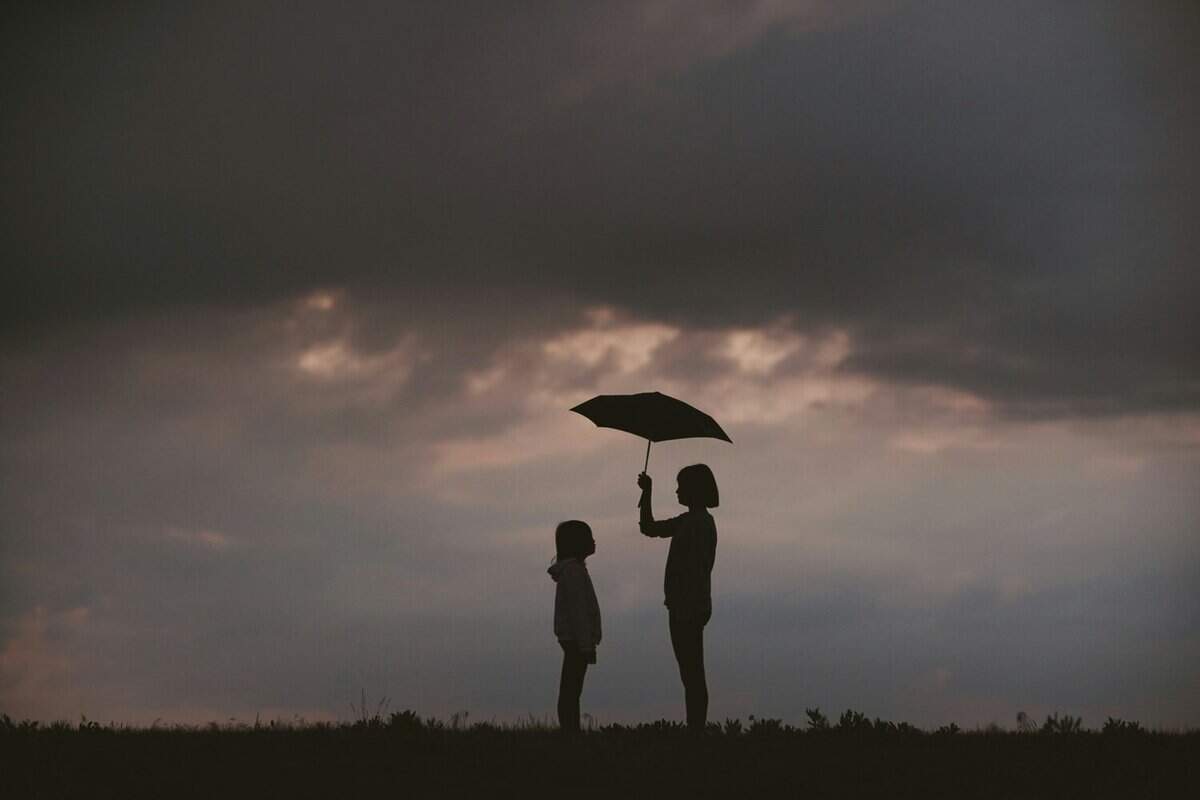Childhood loneliness might seem like a fleeting phase, something kids just go through when they’re shy or having trouble fitting in.
But the truth is, it can leave a lasting mark that shows up years or decades later, even if you’re no longer lonely.
It’s not always obvious, but you might not even realize it’s affecting your adult life.
From deep-seated trust issues para struggles with intimacy, this loneliness can shape who we are long after the playground days are gone.
Understanding how it manifests can help us heal and achieve better emotional health as adults.
1. It Leaves a Trace, Even If You Feel Fine Now
Even if you’re not lonely anymore, the scars of childhood loneliness can linger beneath the surface.
Many adults carry subtle reminders – fear of abandonment, or difficulty forming close bonds – that originated when they were children.
These feelings might not be overt, but they influence how you relate to others.
Maybe you’re hesitant to open up or tend to keep people at arm’s length.
These patterns aren’t always conscious, but they’re often rooted in early experiences of feeling disconnected or misunderstood.
Recognizing these traces helps you understand your own actions and open the door to healing.
2. It’s More Than Just Being Alone
Being alone isn’t the same as feeling lonely. Childhood loneliness often stems from a sense of emotional disconnection – feeling misunderstood, ignored, ou diferente.
It’s about not being truly seen or accepted, which can happen even in busy classrooms or family gatherings.
This kind of loneliness is deeper than just missing friends. It’s a feeling of emotional isolation that can stick with you for a long time.
It’s not necessarily about feeling physically alone but feeling emotionally disconnected from those around you.
This deep-rooted loneliness can shape your self-esteem and how you approach relationships for years to come.
3. What Causes Childhood Loneliness?
Childhood loneliness is rarely just about being shy or introverted.
It can be caused by various factors like family dynamics, bullying, moving frequently, or emotional neglect.
Sometimes, kids feel lonely because they’re dealing with their parents’ divorce, loss, or inconsistent caregiving. It’s about not feeling emotionally safe and connected.
Some children may have trouble trusting others or struggle with social skills, which makes forming bonds difficult.
Recognizing that this loneliness isn’t just about personality traits helps us understand that it’s often rooted in circumstances beyond the child’s control.
4. Adult Behaviors That Mirror Childhood Loneliness
Many grown-ups show signs of childhood loneliness through their behaviors. They might find it hard to trust others or often feel like they’re on the outside looking in.
Some may avoid deep connections or shy away from intimacy because it feels risky.
Others might cling to superficial relationships or feel uncomfortable being alone, fearing rejection and abandonment.
Sometimes, they’re overly self-reliant, thinking they don’t need anyone, which is a way to protect themselves from future hurt.
These behaviors are like echoes of loneliness early in life, showing up in how we relate to others and how comfortable we feel in social settings.
5. Fear of Rejection and Abandonment
A common way childhood loneliness manifests in adulthood is through a deep fear of abandonment or rejection.
If you grew up feeling disconnected, you might constantly worry that others will leave or not accept you.
This fear can lead to clingy behaviors or, conversely, pushing people away to avoid getting hurt.
It’s like a protective armor built from early experiences of emotional neglect and feeling unseen. And this fear isn’t just about relationships with others.
It can affect your confidence in yourself, too.
Recognizing this pattern is crucial for working through it and learning to trust that relationships can be safe and fulfilling.
6. Difficulty Building Deep Connections
People who experienced childhood loneliness often struggle with forming meaningful, deep relationships as adults.
They might have lots of acquaintances but find it hard to open up or truly connect.
This can be because they’re afraid of vulnerability or have trouble trusting others, rooted in early feelings of disconnection.
Sometimes, they sabotage intimidade because it feels overwhelming or unsafe. This pattern can lead to loneliness even when not physically alone.
Building genuine connections takes effort and patience, especially when past wounds create barriers.
But with sensibilização, it’s possible to learn how to let others in and foster real emotional closeness.
7. Self-Sabotage and Emotional Isolation
Another sign that childhood loneliness still influences you is self-sabotage in relationships.
You might unconsciously push people away, or find ways to stay emotionally distant, even when you crave connection.
This behavior stems from a fear of being hurt or rejected, often rooted in early experiences of neglect and emotional unavailability.
It’s a way to protect yourself from pain, but it ends up reinforcing feelings of loneliness.
Many adults who experienced loneliness in early life find themselves caught in this cycle until they seek to understand and break free from these patterns.
Recognizing these behaviors is the first step toward building healthier, more connected relationships.
8. Healing Is Possible
While childhood loneliness can leave lasting marks, it’s important to remember that healing is possible.
Understanding that these feelings come from early experiences allows us to be compassionate with ourselves.
Therapy, self-awareness, and nurturing healthy relationships can help rebuild trust and connection.
It’s about learning to be okay with vulnerability and recognizing that everyone has the capacity for meaningful relationships.
Childhood loneliness doesn’t have to define your adult life.
With patience and effort, you can work through these patterns and develop a stronger, more connected sense of self and others.
A little Aquarius, devoted to writing and embroidery. Through my writing, I hope to empower readers to align with their true selves and navigate life’s mysteries with confidence.









